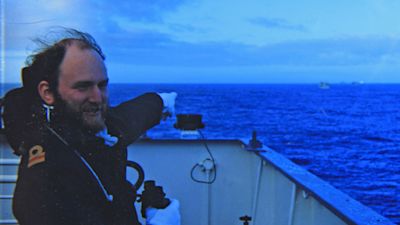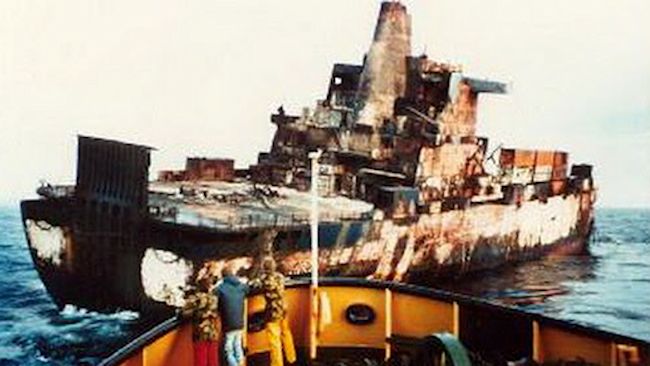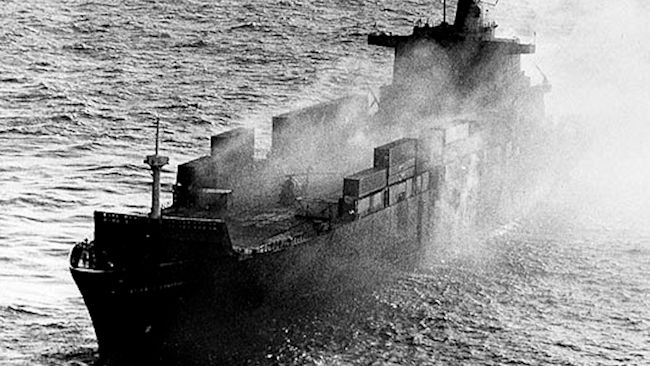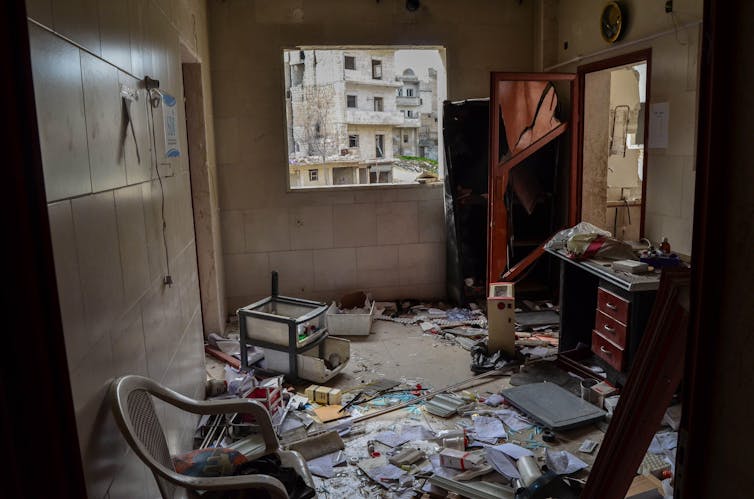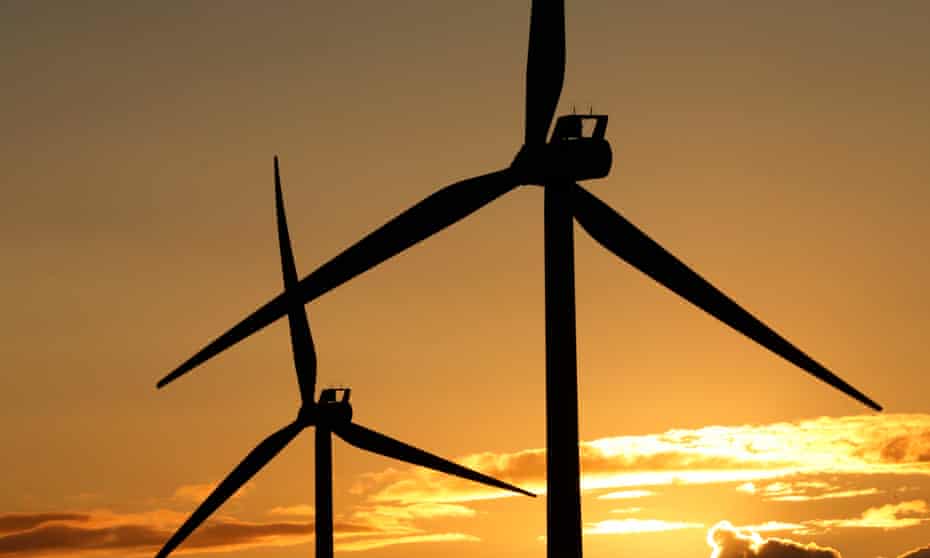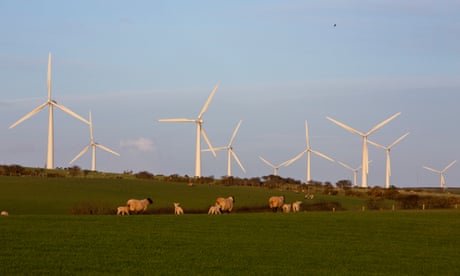Tuesday 5 April 2022,
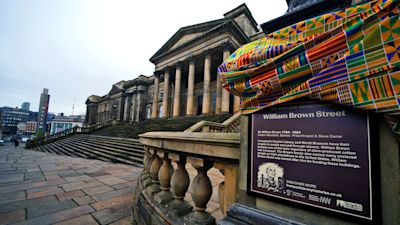
The bronze sign on William Brown Street explains the history behind its name.
Credit: PA images
A historic street in Liverpool is the first in the city to have a plaque installed which explains its links with slave trade in Britain.
William Brown Street, named after cotton trader and slave owner, will be one of a series of streets to get a bronze plaque.
Liverpool grew immensely wealthy from slave trade in the 19th century, becoming the most important port in Europe.
The signs are named after Eric Scott Lynch, the late activist and historian who spent his life highlighting the area's links with the slave economy.
A historic street in Liverpool is the first in the city to have a plaque installed which explains its links with slave trade in Britain.
William Brown Street, named after cotton trader and slave owner, will be one of a series of streets to get a bronze plaque.
Liverpool grew immensely wealthy from slave trade in the 19th century, becoming the most important port in Europe.
The signs are named after Eric Scott Lynch, the late activist and historian who spent his life highlighting the area's links with the slave economy.
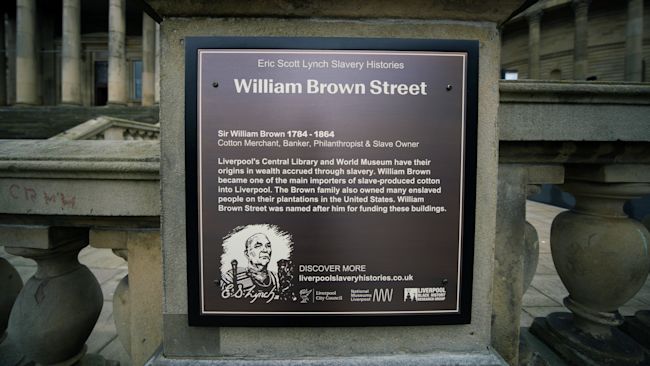
The plaque tells the history of William Brown, a slaver who lived in Liverpool.
Credit: PA images
It reads: “Liverpool’s Central Library and World Museum have their origins in wealth accrued through slavery.
“William Brown became one of the main importers of slave-produced cotton into Liverpool.
“The Brown family also owned many enslaved people on their plantations in the United States. William Brown Street was named after him for funding these buildings.”
The son of Eric Lynch, Andrew Lynch, attended the unveiling on Tuesday, 5 April.
Liverpool streets linked to slavery may soon be given plaques
It reads: “Liverpool’s Central Library and World Museum have their origins in wealth accrued through slavery.
“William Brown became one of the main importers of slave-produced cotton into Liverpool.
“The Brown family also owned many enslaved people on their plantations in the United States. William Brown Street was named after him for funding these buildings.”
The son of Eric Lynch, Andrew Lynch, attended the unveiling on Tuesday, 5 April.
Liverpool streets linked to slavery may soon be given plaques
Jahmal Willams-Thomas: How racism affected people in Manchester in the 1960s
Andrew said: “These plaques stand testament to the educational work that my father Eric Scott Lynch carried out.
“Over many years, he strove to give the people of Liverpool a deeper understanding of the central role the city played in shaping the modern world.
“The enormous wealth generated by slavery and imperial interests built the city into a major trade hub and financed many of the industries that were to become the cornerstone of the industrial revolution.
“This reminds us that Liverpool is truly a world city, with the labour of Africans and people of African descent being a key part of our story.”
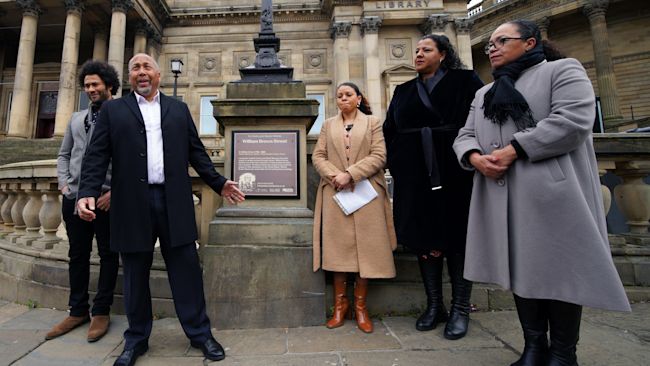
Andrew Lynch (2nd left) during the unveiling of the bronze plaque on William Brown Street, Liverpool.
Credit: PA images
Mayor of Liverpool Joanne Anderson said the plaque was a “milestone moment” and has pledged to be "open and transparent about this city’s role in the transatlantic slave trade".
She said: “This understanding of our past is key, and only when we fully acknowledge and accept it, can we move forward.”
The city is set to host a series of events including a music day and conference as part of Liverpool Against Racism.
The death of George Floyd in May 2020 sparked debate on Britain’s historic links with the slave trade.
Mayor of Liverpool Joanne Anderson said the plaque was a “milestone moment” and has pledged to be "open and transparent about this city’s role in the transatlantic slave trade".
She said: “This understanding of our past is key, and only when we fully acknowledge and accept it, can we move forward.”
The city is set to host a series of events including a music day and conference as part of Liverpool Against Racism.
The death of George Floyd in May 2020 sparked debate on Britain’s historic links with the slave trade.
